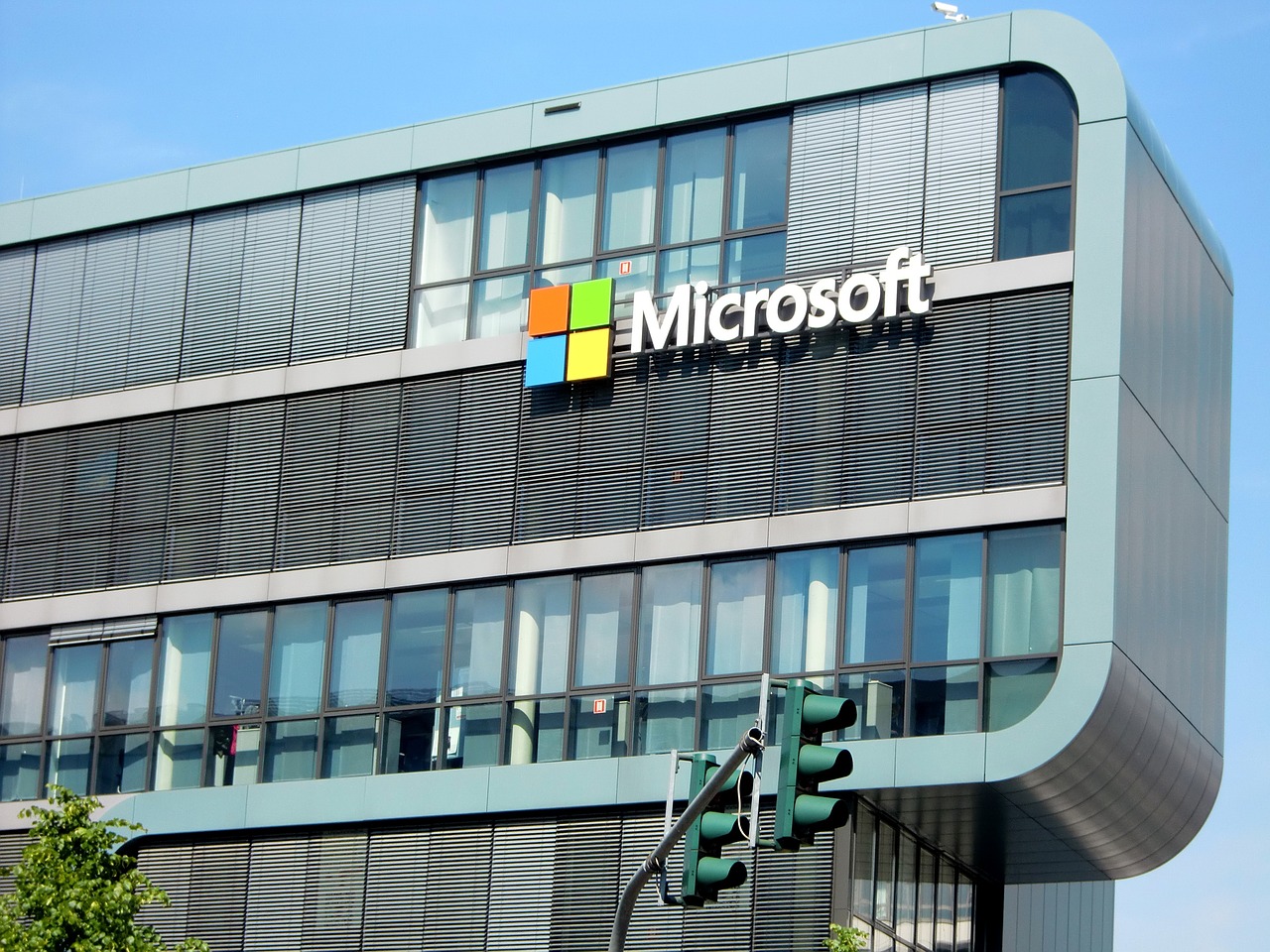Microsoft’s CoreAI Initiative: Pioneering the Future of AI Development
Microsoft’s new CoreAI team is set to revolutionize AI development, focusing on rapid infrastructure advancement and innovative model-forward applications. As AI reshapes industries, Microsoft aims to lead with cutting-edge tools, platforms, and agentic applications.

Microsoft’s CoreAI Initiative: Pioneering the Future of AI Development
In recent years, the landscape of artificial intelligence (AI) has seen unprecedented growth, with tech giants racing to harness its potential. Microsoft, a key player in this arena, has taken a significant step forward by establishing a new artificial intelligence division, CoreAI. This development-focused unit, led by former Meta executive Jay Parikh, aims to accelerate the company's AI infrastructure and software development efforts.
The Vision Behind CoreAI
Microsoft's CEO, Satya Nadella, has been vocal about the transformative power of AI. He envisions 2025 as a pivotal year for "model-forward applications," which are expected to reshape all application categories. With CoreAI, Microsoft intends to spearhead what Nadella describes as the "next innings of this AI platform shift."
Nadella’s strategy is clear: compress thirty years of technological change into just three years through aggressive innovation and integration of AI into Microsoft’s ecosystem. CoreAI is not just another department; it is a strategic move to consolidate AI-related functions under one umbrella, including Dev Div, AI Platform, and key teams from the Office of the CTO, such as AI Supercomputer and AI Agentic Runtimes.
Building Agentic Applications
One of the primary goals of CoreAI is the development of agentic applications. These applications are designed to possess memory, entitlements, and action space, enabling them to inherit powerful model capabilities. The focus is on adapting these capabilities to enhance performance and safety across various roles, business processes, and industry domains.
This initiative marks a shift in how Microsoft builds, deploys, and maintains AI applications. The new AI-first app stack proposed by Microsoft includes:
- Novel UI/UX patterns
- Runtimes to build and orchestrate agents
- A reimagined management and observability layer
Azure is poised to become the backbone of AI infrastructure, supporting the creation of a comprehensive AI platform and developer tools, including Azure AI Foundry, GitHub, and VS Code.
Transforming the AI Ecosystem
The establishment of CoreAI is a testament to Microsoft’s commitment to innovation in AI. The company aims to create an end-to-end Copilot and AI stack for its first-party and third-party customers, empowering them to build and run AI apps and agents efficiently. This endeavor is part of Microsoft’s broader vision to offer the best AI platform, tools, and infrastructure, ensuring the company remains at the forefront of AI development.
According to industry estimates, the global AI market is expected to grow from $93.5 billion in 2021 to $997.8 billion by 2028, at a CAGR of 40.2%. This explosive growth underscores the importance of strategic initiatives like CoreAI in capturing market share and driving technological advancement.
The Road Ahead
As Microsoft ventures into this new phase of AI development, the implications are vast. The integration of AI into various software categories promises to revolutionize industries, from healthcare and finance to education and autonomous systems. By investing in cutting-edge AI infrastructure and applications, Microsoft is positioning itself as a leader in the AI revolution.
The CoreAI initiative reflects Microsoft's understanding that the future of technology lies in intelligent, adaptive systems capable of transforming the way we interact with digital tools. As AI continues to evolve, Microsoft’s proactive approach to innovation will likely set new standards for the industry, influencing how businesses leverage AI to achieve strategic goals.
HONESTAI ANALYSIS
Microsoft's creation of the CoreAI team is a bold step towards redefining the future of AI development. By consolidating AI efforts and focusing on agentic applications, Microsoft aims to lead the charge in an era where AI is not just an add-on but a foundational element of technological progress. As CoreAI unfolds, it will be intriguing to observe how these advancements impact the broader AI ecosystem and the myriad industries poised for transformation.

